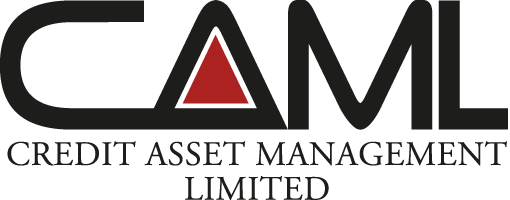Credit Asset – helping SMEs on their growth journey
A curious trend amongst many businesses today, is an increasing apparent contentment with constancy over growth. For some, having built their business to a manageable size, the perceived pressures of growth are deemed “not worth it” for how it may impact on private lives. For others, current economic uncertainty deters against possible expansion, and others still, the prospect of taking on debt is one reasoned to be just too laden with risk.
Of course, there are other reasons businesses are happy to maintain the status quo but whatever the reasons are, if too many abandon growth ventures, potential goes unrealised. Moreover, the general economic knock-on effect for the country is far from ideal.
Key to tackling this recalcitrance to growth is a proactiveness amongst lenders to change the perception of debt as a concept and help businesses see that lending products consist of much more than just a transfer of interest-affixed capital. They can do this in a number of ways…
Demonstrate how debt can be less expensive than equity investment
Investing equity invariably necessitates a temporary relinquishment of part of the business and forgoing current and future value to satisfy the longer-term need. The full cost of equity investment is often unclear at the point of purchase and the process more complex.
A competent lender, however, clarifies cost of debt at the point of purchase and should these costs be manageable for your business, the advantage of not having to surrender control of part of the company can be significant.
Business consultation and advice appended to capital transfer
Specialist lenders, such as credit asset, in particular, usually take a collaborative approach to repayments. They know that full recovery of funds hinge on the success of business ventures and, such is the niche space they operate in, they are also especially keen to acquire repeat custom.
To achieve both, transfer of capital is typically accompanied by expert consultation for purchases, strategy and repayment options. In essence, this means that businesses get a ‘2-for-1’; capital with which to purchase inventory and consultation that would otherwise command hefty day rates.
Improve financial discipline and credit score
Well managed debt and the making of regular, on-time payments, increases a business’ credit score. The upshot of a better credit score is a rise in overall spending limit and lower future interest rates, both of which allow business leaders to allocate their financial resources more efficiently. Though this alone is not a reason for businesses to take on debt, it is certainly a positive consequence.
Debt is not always the best option for financing a business venture or change in direction, and it would be disingenuous to say that it is. However, if debt is the avenue to be explored, and it is approached in the right way, it can be a powerful strategic tool for growth and can be a cheaper financing option than other alternatives. In today’s competitive environment, it is always prudent to research sources of finance and choose one that aligns most closely with your needs.








